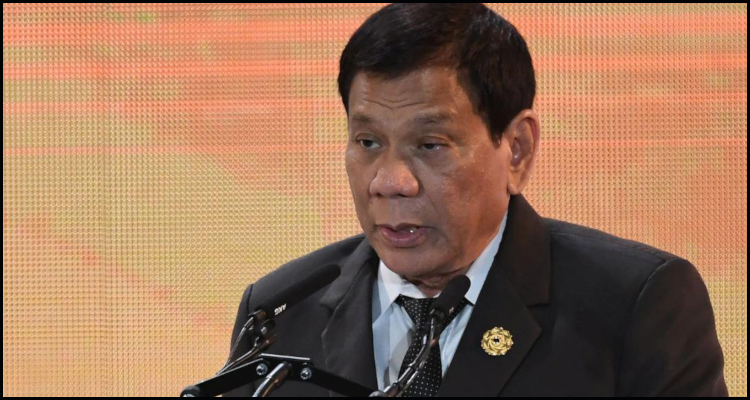In the Philippines, President Rodrigo Duterte (pictured) has reportedly rejected a request from authorities in China to ban all online gambling over concerns that doing so may harm his nation’s fragile economy.
According to a Wednesday report from the Reuters news service, the 74-year-old’s decision followed his meeting in Beijing last week with Chinese President Xi Jinping in which his counterpart is said to have also reiterated a call that the Philippines Amusement and Gaming Corporation (PAGCor) stop issuing Philippine Offshore Gaming Operator (POGO) licenses.
Lucrative licensing:
Despite initiating a temporary halt in late-August, the Philippines has so far issued some 60 POGO licenses to earn itself approximately $53 million in the six months to the end of June. But, China has been continually raising concerns that these iGaming operators are targeting its own citizens via the provision of so-called ‘proxy betting’ in which remote players utilize live streaming or mobile telephones in order to gamble in real time at land-based casinos.
Duterte reportedly told Reuters…
“We decide to benefit the interest of my country. I decide that we need it.”
Chinese cooperation:
Reuters reported that all gambling is banned in  mainland China while a spokesperson for the giant nation’s foreign ministry, Geng Shuang, prefaced last month’s official meeting by issuing a statement in which he called on the Philippines to ‘go further and ban all online gambling’. The representative’s plea additionally contained a request for the pair to ‘further strengthen law enforcement’ in order to ‘jointly tackle criminal activities including online gambling and cyber fraud’.
mainland China while a spokesperson for the giant nation’s foreign ministry, Geng Shuang, prefaced last month’s official meeting by issuing a statement in which he called on the Philippines to ‘go further and ban all online gambling’. The representative’s plea additionally contained a request for the pair to ‘further strengthen law enforcement’ in order to ‘jointly tackle criminal activities including online gambling and cyber fraud’.
Cambodian crackdown:
However, China’s anti-online gambling stance has reportedly not been completely ignored as officials in Cambodia recently revealed that they are to cease issuing or renewing their own iGaming licenses from the end of the year in an attempt to crack down on cyber criminals.



